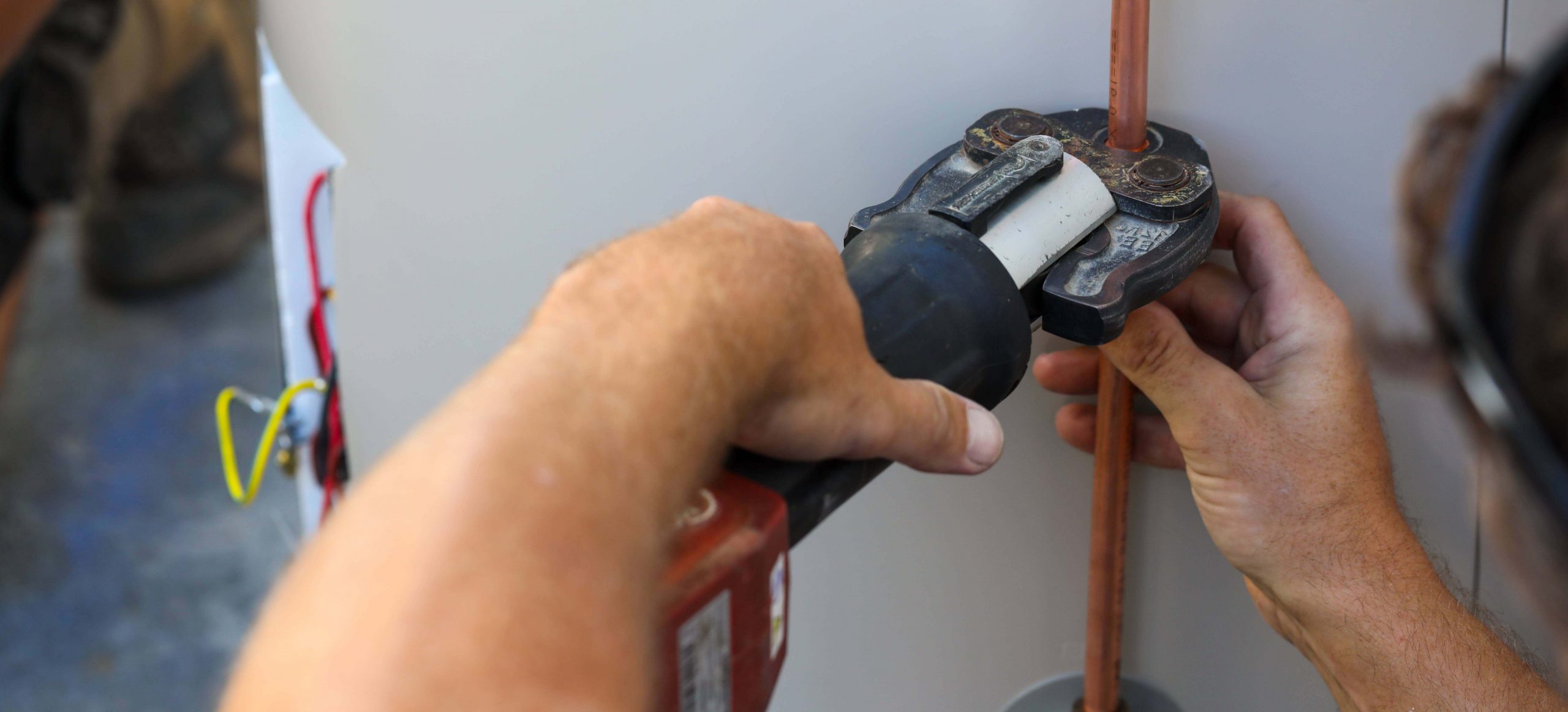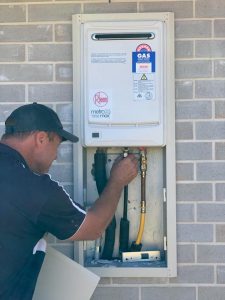Handling the Most Prevalent Heater Urgent Issues
Handling the Most Prevalent Heater Urgent Issues
Blog Article
We have encountered this post involving Is Your Water Heater Leaking? down the page on the internet and think it made sense to share it with you here.

A hot water heater is just one of one of the most important basic home appliances that can be discovered in a residence. With hot water heater, you do not require to experience the stress of heating water manually every time there is a need to take a bath, do the laundry, or the recipes. Nonetheless, there is constantly an opportunity that your hot water heater would act up as with most mechanical devices.
It is necessary to keep in mind any little breakdown and also tackle it rapidly prior to things leave hand. The majority of times, your hot water heater begins to malfunction when there is an accumulation of debris as a result of continuous usage. As a safety measure, periodic flushing of your hot water heater is suggested to stop debris accumulation as well as avoid practical failing.
Usual water heater emergencies as well as exactly how to take care of them
Leaking hot water heater container.
In this circumstance, you should transform off your water heater, enable it to cool down, and very carefully look for the source of the trouble. At times, all you require to do is to tighten a couple of screws or pipeline connections in instances of small leaks. If this doesn't function and the leak continues, you might require to employ the services of a specialist for a suitable substitute.
Rising and fall water temperature level.
Your water heater might begin producing water of different temperatures generally ice cool or hot warm. In this situation, the first thing you do is to guarantee that the temperature level is set to the wanted level. If after doing this, the water temperature level keeps transforming during showers or various other tasks, you may have a malfunctioning thermostat. There might be a requirement to replace either the home heating or the thermostat system of your hot water heater.
Inadequate warm water
Managing an insufficient supply of hot water can be frustrating. It may be that the hot water heater can't support the hot water need for your home. To manage this issue, you might attempt to readjust your heating system's temperature level dial and wait for a couple of mins. If the problem continues, you can request for the help of a professional plumber. You could upgrade your water heater to one with a larger capacity.
Tarnished or stinky water
You require to recognize if the concern is from the water or the tank source when this occurs. You are certain that it is your water heater that is faulty if there is no amusing odor when you run chilly water. The stinky water can be brought on by corrosion or the buildup of bacteria or debris in the water heater container. You can attempt flushing out your container or changing the anode if the problem continues when you notice this. The feature of the anode is to clean out germs from your container. Considering that the anode pole replacement needs a comprehensive understanding of your water heating system, you will need the assistance of an expert.
Conclusion
Some homeowners ignore little caution as well as minor faults in their water heater unit. This just causes further damages as well as a possible full malfunction of your appliance. You need to take care of your hot water heater faults as quickly as they come up to stay clear of more costs and also unnecessary emergency troubles.
With water heaters, you do not require to go with the stress and anxiety of home heating water by hand every time there is a demand to take a bath, do the laundry, or the dishes. Your water heater can start generating water of different temperature levels generally ice cool or hot warm. It may be that the water heater can not sustain the hot water need for your apartment. If there is no amusing scent when you run chilly water, then you are particular that it is your water heater that is damaged. The stinky water can be created by rust or the buildup of bacteria or sediments in the water heating system storage tank.
Water Heater Burst: Why This Happens And What To Do Next
Water Heater Explosion Warning Signs
Since storage water heaters are made of metal and store large volumes of heated water, they carry an increased risk of leaking or even exploding as they begin to rust at the fittings and seams over time. If the thermostat controlling the water temperature within the tank is faulty, or if mineral buildup inside the water heater prevents the thermostat from sensing the water’s temperature correctly, the water could become overheated. This will expand its volume within the tank, causing it to press at the tank’s fittings and seams. If these fittings and seams are rusted or corroded, the pressure could result in a leak or even an explosion.
Here are some risk factors and warning signs of an increased risk of water heater leak or explosion:
Your water heater is more than 10 years old. Your water heater makes clanking, banging or rumbling noises as it heats up, indicating that sediment has built up and hardened inside the tank. There is visible rust on the outside of the water heater, especially located at the pipe fittings or the seams that run down the tank. There is rusty water coming from your water heater, indicating that there may be rust building up inside. Your water heater is leaking, which could indicate either a crack somewhere in the tank or a malfunctioning temperature-and-pressure (T&P) relief valve. What To Do When Water Heater Leaks
If you find water dripping or seeping out of your water heater, or pooling around it, it means your water heater is leaking. If you find a leak, it may be best to call a plumbing professional to diagnose the problem and determine how best to handle it. If you choose to tackle it on your own, there are a few things you can do.
TURN OFF THE POWER
Next, shut off the power to the hot water tank at your home’s electrical breaker box. If you don’t shut off the power, the heating elements within the tank could continue to stay hot, which could pose a fire risk.
If you have a gas-powered water heater, you’ll also need to shut off the gas line leading into the tank.
FIND THE LEAK
Now it’s time to determine where the leak is coming from. Likely locations are the T&P valve, the drain valve or one of the pipes or fittings that feed into the top of the tank. If you see any rust or corrosion on the outside of your water heater’s tank, pipes or fittings, these could also be the source of the leak.
REPAIR THE LEAK
Once you determine the source of your water heater leak, you’ll have a better idea of what steps you need to take to fix the problem. It may be a simple fix—such as using a wrench to tighten fittings or replacing the T&P valve—but it may be something more complicated. You may even need to drain the tank, remove the water heater and install a new one.
https://www.abchomeandcommercial.com/blog/water-heater-burst/

We had been made aware of that report on Common Hot Water Heater Problems through a friend on our other web page. You should set aside a second to promote this entry if you liked it. Thanks a lot for your time. Visit again soon.
Superior emergency plumbing? We're here. Report this page